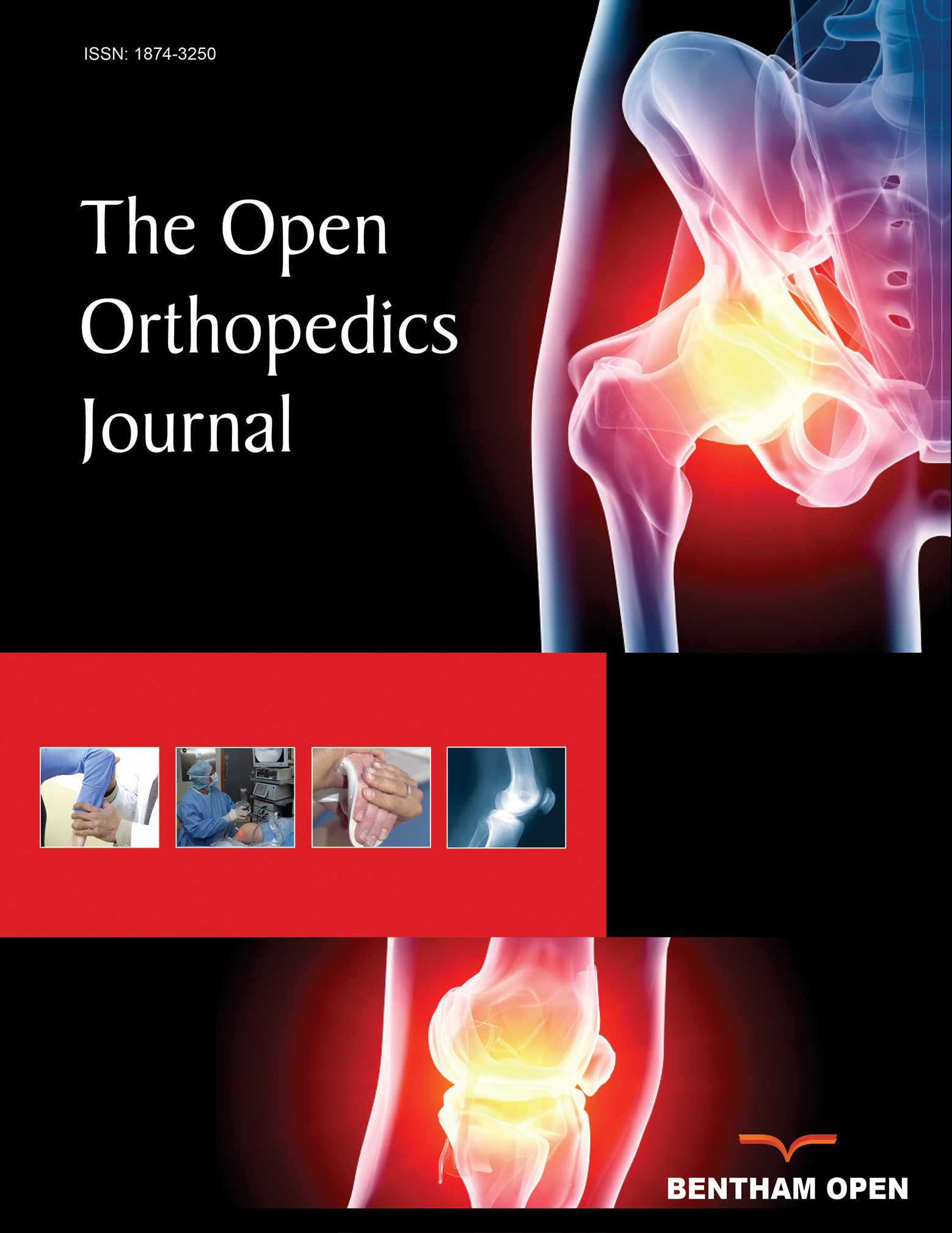All published articles of this journal are available on ScienceDirect.
Using Tibia Proximal Cut Autograft in Advanced Varus Knee Deformity in Total Knee Arthroplasty; Outcomes Compared to the Control Group
Abstract
Background:
The purpose of this study was to compare the outcomes of Total Knee Arthroplasty (TKA) performed for advanced varus knee deformity, which is performed by using tibia proximal cut bone for the reconstruction of the tibia proximal medial bone defects, with a control group consisting of TKAs which did not need reconstruction.
Methods:
Patients in the present study underwent total knee arthroplasty between 2009 and 2015. 12 patients with advanced varus deformity who had undergone reconstruction with tibia proximal cut autograft and 15 patients who were randomly selected from patients who did not need reconstruction, were compared clinically and radiographically.
Results:
The mean follow-up period of the patients was found to be 73.1 ± 19.7 (36-108) months in the reconstruction group and 73.2 ± 12.3 (39-107) months in the control group. (p> 0.05) In both groups, significant improvement was observed postoperatively. In both groups, there was no evidence of loosening the required revision. WOMAC score was 32.4 ± 13.3 (8-64) in the reconstruction group and 28.9 ± 17.2 (6-70) in the control group at the last control visit. There was no difference between the groups when comparing the WOMAC scores at the last control visit. In the reconstruction group, the Hip-Knee-Ankle (HKA) angle was 26.1 ± 4.9 ° varus preoperatively and 1.3 ± 2.3 ° valgus postoperatively; and in the control group 10.1 ± 2.1 ° varus preoperatively and 2.7 ± 3.4 ° valgus postoperatively. (p> 0.05)
Conclusion:
In the present study, clinical and radiographic results of total knee arthroplasty patients, who suffered from advanced knee varus deformity and whose proximal tibia medial defects were reconstructed by using tibial proximal cut autograft, have been found to be successful when compared to the control group.


